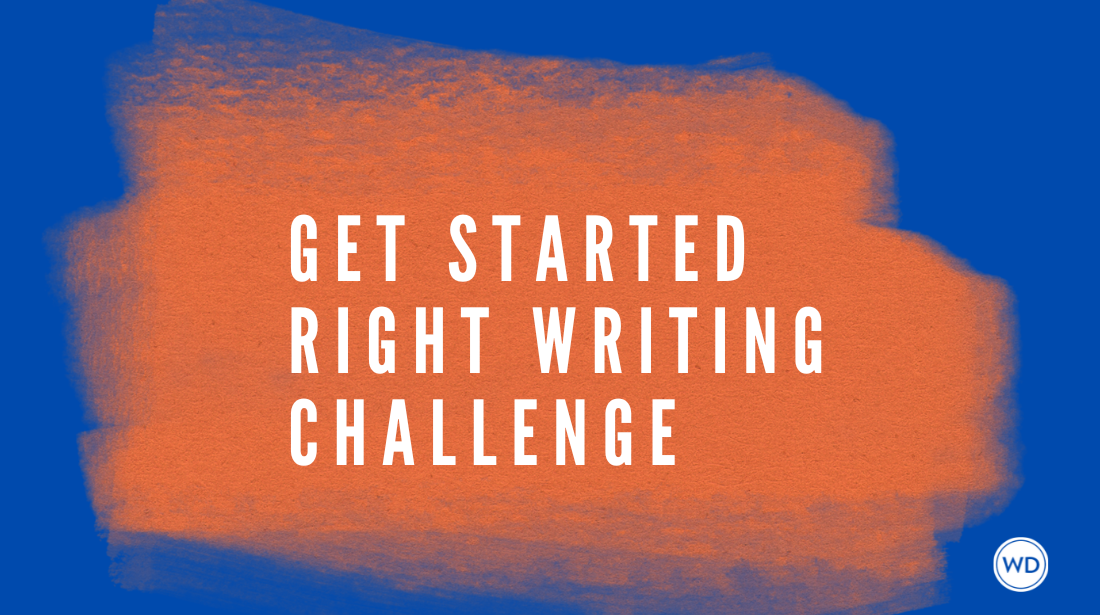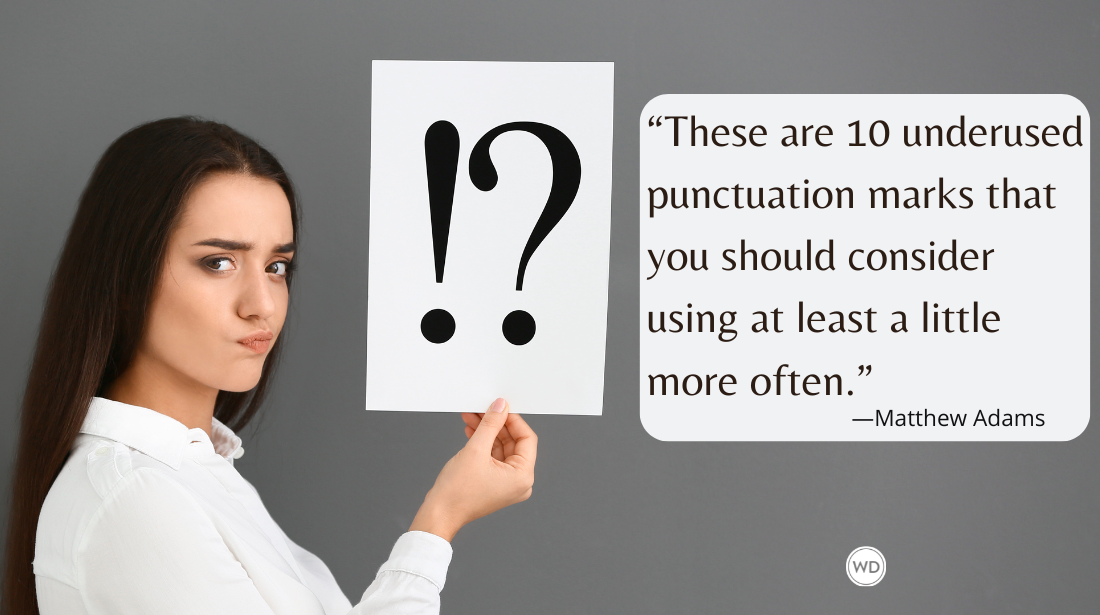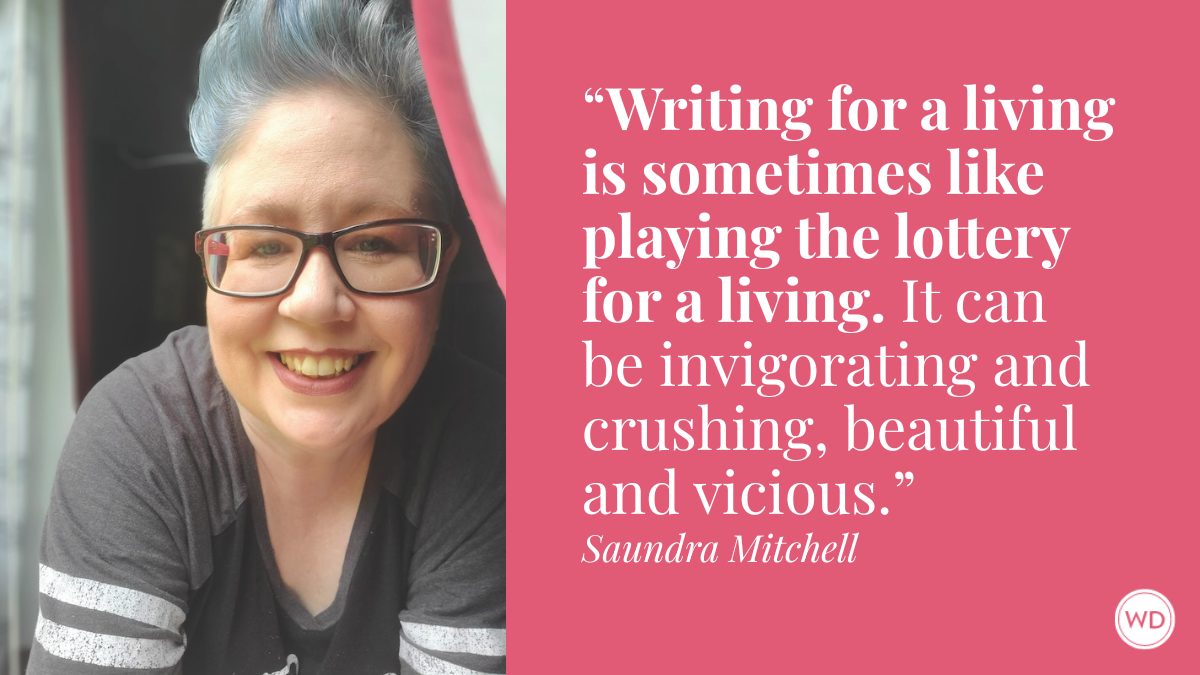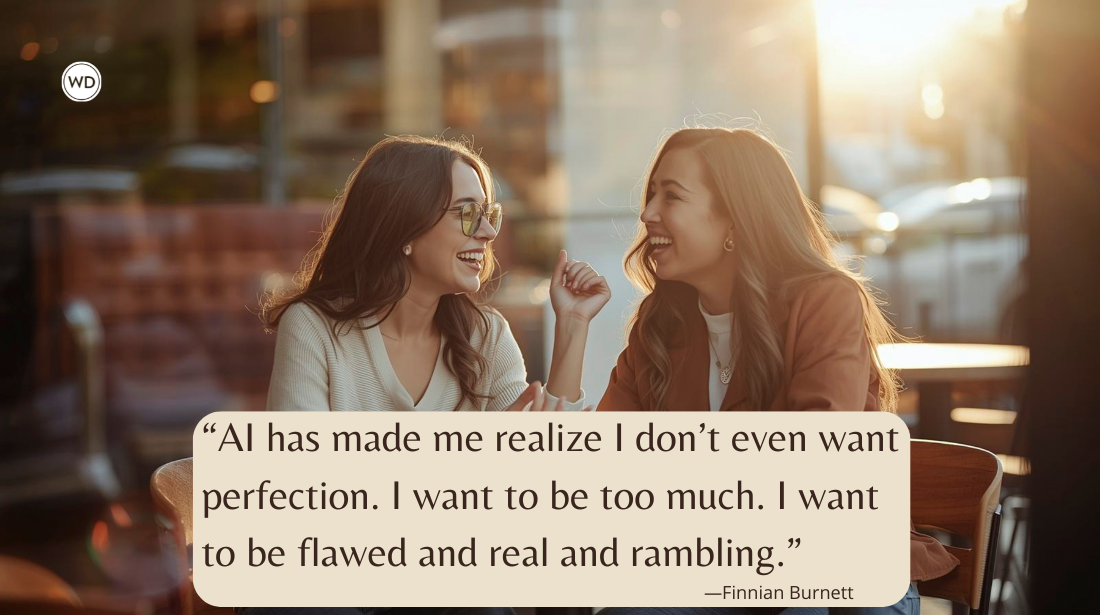J. Courtney Sullivan: Writing the Roles of Women in the Modern World
Bestselling author J. Courtney Sullivan (The Engagements and Saints for All Occasions) chats about her latest novel (Friends and Strangers), the views of womanhood, telling secrets to strangers, and writing without self-doubt.
J. Courtney Sullivan is a New York Times bestselling author, a wife, and mother of two. Her work centers around women trying to navigate through relationships and society, to push the boundaries of what's expected of them, and to shine on their own. Her books have been praised over the years, with Maine being the Washington Post Notable Book for 2011 and Saints For All Occasions (published in 2017) nominated for the New England Book Award. The Engagements was on People Magazine’s Top Ten Books of 2013 and is slated to become a major motion picture.
Her latest novel, Friends and Strangers, circles around an unlikely friendship between two very different women at very different points in their lives. Elizabeth, a woman in her 30s, is a former journalist for the New York Times and a brand new mom. She lives in Brooklyn with her husband Andrew and has a seemingly nice and comfortable lifestyle. But while the outside may be glossy, Elizabeth's inner world is not, with constant questions of purpose and lies held from her husband. Sam is a college student in her 20s, a young artist, and Elizabeth's new babysitter. She is a feminist who strives for equality but is in a complicated relationship with an older guy named Clive who seeks to have full control over her life. She thinks she loves him and even wants to marry him, but to marry Clive means she may have to forgo her aspirations and independence.
The two women have very little in common, and yet, their friendship works. They tell each other things they wouldn't dare tell others, including Elizabeth's hesitation to having another baby and Sam's concern about moving to London to live with Clive. But as the story unfolds, outside forces start to weave their way into their lives, tainting this friendship, and the trust these women have for each other.
Throughout the book there are constant comparisons between many everyday themes, such as gender roles and age, mothers against non-mothers, city verses suburb. One thing pitted against another, divided like we see in today's country. But this book doesn't just declare differences, it unites them in both insightful and funny ways. It allows us to take a close look on our daily life, and the questions asked from us, within us, in order to be true to ourselves and those around us. We see marriage and motherhood at its realest, with issues that are relatable and solvable, even if not always conventional. We also uncover the truth behind the friendships that last and those that don't.
I spoke with Sullivan about about her new book, getting into the headspace to write, and why it's important to find your own voice in your work. Friends and Strangers was published on June 30, 2020.
In your acknowledgements section of Friends and Strangers, you discussed an essay you published in Real Simple where it states, "Every child began as a story one woman told to herself," and compared that to writing a novel. Can you talk more on how that approach relates to your work?
I think that idea of every child started as a story a woman told to herself is the same of novels. There is a similarity between the two in terms of creation. There is so much imagination and storytelling that goes into the whole process of thinking about parenthood before you actually do it. There's really nothing like it in life where you go from zero to 60, and there's no turning back. We hear these things about what it will be like, but we never really know until the moment we're actually in the midst of it. This book is about that. It's about someone who was at first ambivalent about having a child, then really wanted to have one, and is now actually doing it and loving it. And she, in many ways, is astonished by how much she loves this child and loves being the mother to this child, but there's a lot of surprises, good and bad, and there's a lot of monotony that comes with it. There's also this idea of losing some of yourself.
Similarly, before you actually have a finished novel you have this thing that you imagine. I personally spend time imagining a novel before I ever write the first word. In some ways, it does feel really similar to the way we imagine our future family or children, and what our life is going to look like. And in both cases, the outcome is always a lot more complicated and surprising in a good way.
Do you always go about like that approach when writing a book?
I usually have a kind of foggy sense of the overall story. I have no idea what the middle will contain but I have a vague sense of a beginning and an ending. Once I'm three quarters of the way through writing a book, I have another idea that starts tugging at me and wanting my attention, and it's kind of great because as I'm at one stage with one book I'm sort of starting to think about the next book and feel excited to get to it. That project you haven't started yet is always so alluring.
I usually start with a character or an idea. I have ideas all the time but by the next day I think most of them aren't that great. It's the idea that keeps coming back that I always lock in and pay attention to. And sometimes it takes a long time. The seed of an idea for Friends and Strangers was planted 10 years ago but it wasn't until now I felt it was time to write it. It's very much dependent on the timing.
Why was the timing right for this book now?
When I was young I was a babysitter. From the time I was 11 to the time I was in my early 20s, I babysat and nannied. There is something about that work that lends itself to a writer's curiosity. There's very few things I can think of that gives you access to people's private worlds in that way. A babysitter is really a fly on the wall. You're in someone's home and you're seeing this family and marriage when people are at their most intimate. I think a lot of times, a mother in a family represents a version of you as the babysitter could possibly become one day. Maybe it's a version of yourself you don't want to become. It's an interesting relationship. I only had the babysitter's point of view until I was pregnant with my first child and realized I would soon be both of these women in this particular relationship. That was the jumping off point for me and I knew it was time to write this story.
I noticed something about these characters in their private lives: They are very good at keeping secrets from their partners. Elizabeth doesn't want a second child so she stops her IVF shots without telling her husband, and Sam secretly wants to live in New York City without her finance, Clive. It's a form of deception yes, but there's more to it than that. It felt as though these women were afraid to do what they wanted because it might impact their relationships with these men.
That's a really good point. I actually never thought of that. There are a lot of parallels between the two women and the way that they act, even though they're very different and they think of themselves, especially by the end, as very different from one another. But there is that sense that as a woman we are supposed to want certain things, such as being excited that the man you're madly in love with wants to be with you. However, that's not exactly how Sam feels. The same thing once you have a baby. If you're happy with that experience it's sort of cultural assumption that you should do it again. But not everyone wants to do it again. There is a lot of hiding their own feelings from their partner and just plowing ahead.
It seems the women in the book often hide their feelings in real life but not necessarily online. Elizabeth finds solace in reading other women's secrets on the BK Mamas Facebook Group, where marriages are discussed as is infidelity. It seems easier to tell complete strangers our most intimate secrets and desires rather than those closest to us.
After having kids I was added to similar Facebook groups and been part of them for a few years now. It has amazed me that there's some common bond, either you all live in the same neighborhood or you all went to the same college, and you all have children. There's this combination of feeling close to these people even if they're strangers, and also feeling kind of protected because it's sort of anonymous, although it totally isn't. It's not like being on a random message board using a fake name. These Facebook groups are attached to you and who you actually are, but there is a sense of protection from being behind the screen. If you were actually forced to be in the room with the same 5,000 people, you probably wouldn't get up on stage and talk about how much you hate your husband. Somehow, in an online group you can.
What I have found really beautiful about these groups is that when one woman is brave enough to say, "This is how I'm feeling and I know it's not the right way to feel but it's how I feel," other women do not leave her hanging. Other women step up and say, "Me too." That is where you kind of begin to see this isn't just me or my problem, this is all of us, and there's something wonderful about that. I do think these online groups are a positive overall even though it's also kind of easy to poke fun at. I am pretty much a lurker so I never really post anything to these personal interest groups, but I do read all of them. I think most people in those groups are just lurking and reading other people's posts, but I have a friend who posts her most serious concerns there instead of telling her real life friends. Somehow it's more freeing to do it online even though she knows that those closest to her will see it.
At one point, Elizabeth tells Sam that the big secret to adulthood is to never feel settled. Do you think that's true?
I think it is absolutely true. I love this quote from Anne Lamott where she says, "Never compare your insides to everyone else's outsides." I think a huge part of the problem that Elizabeth, Sam, and probably the rest of us suffer from is doing just that. When Sam comes to Elizabeth's home and sees that she has really nice hand soap, a beautiful baby, and a husband who knows how to roast a beautiful chicken, she feels Elizabeth has it all. Elizabeth, of course, doesn't feel that way on the inside. She is constantly in doubt.
I think the age difference and the life stage difference between these two women is important too. Sam looks at Elizabeth and feels it must be nice to not have to wonder about what you're doing in your 20s and when you're going to marry the guy. But Elizabeth feels like the stage she's at is actually much murkier. You never really feel settled, you just feel unsettled in new ways. You are always evolving. There's also a thing that happens to very ambitious women. In your 30s and 40s you've spent a lot of time striving to get somewhere professionally, and maybe personally too. And then you get there and wonder what you're supposed to do next and how you're supposed to juggle it all. Elizabeth really feels that way. What is the mark of success if you're letting outside forces dictate the way you feel?
Sexism and gender roles play a huge part in this book, as does feminism. I found it fascinating how Sam and Elizabeth had such different views on what it means to be a feminist. Was this something you were interested in exploring from the beginning or did that develop on the page while writing?
One of my central concerns when writing anything, any novel, is the idea that the moment a woman is born there are a lot of issues of what she's allowed to become. Every one of my books comes back to that idea. This book is definitely the most modern thing I've written but is still very much concerned with the place of women and the lives of women, and how even a woman in her mid 30s views these things differently than a woman in her early 20s. Sam's politics are sort of based on idealism and that's not necessarily a bad thing. But, Elizabeth, being a little older, is a little more cynical about everything. Part of why she's cynical is because of the commercialization of feminism.
Ten years ago, I co-edited the anthology, Click: When We Knew We Were Feminists about the word "feminist" and why we call ourselves feminists. It still matters to me, it's still important to me. Words are wonderful and words are important. This is an amusing thing for a writer to say but actions are what move the needle. It's not that we need more people to use the word "feminist" and call themselves that, but we need more people to embody the message that women are equal. Right now during COVID we're seeing a situation where childcare is a dire problem and an issue in this country. It is largely falling on mothers who are still expected to work at full capacity. You see fathers struggling of course, but really, you see mothers struggling. What might have felt like a private or personal concern, is now much more. It is a structural problem.
You're a working mother who has a brand new book out during COVID. How has this unsettling time been for you?
It's been really crazy. My daughter is 21 months old and my son just turned three. They're really little and they need a lot. My husband and I have been trading off to try and get some amount of work done. But it's been pretty crazy.
I can imagine. When do you find the time to write?
I write late at night if I can stay awake. When I started my career, I had a full-time job so if I wanted to write fiction I could only do it late at night or on the weekends. In some ways I'm kind of back to that again. It feels very familiar. I can really only accomplish anything when everyone else is asleep. I think writers tend to be either the early morning risers or those who work late at night. That solitude is hard to come by in the world of people tweeting, emailing, and communicating all day long. It's wonderful to find a time when they're not doing that, and usually requires working at a very strange time.
What's the hardest part of the writing process for you?
The hardest part is to get into the world of the novel and leave my actual world behind. If I can accomplish that, I love being there. I never feel I have to write a certain amount of words in a day. It's more about drawing the line between all the concerns and the to-do lists in real life, and finding that space for my creative life and my writing. I had written an op-ed in the Times and said how I was writing it from the passenger seat of our Honda CRV while my kids were on the ground next to me, digging a hole. With nonfiction writing I can toggle back and forth between both worlds, but with fiction I need much more solitude. That is part of why I think COVID makes it extra challenging to do anything, especially writing fiction.
Getting into that headspace can be difficult for many writers during and pre-pandemic. How do you get there?
Sometimes I read a chapter of a great novel and then can dig into my writing, or sometimes it's going back to the beginning of whatever I'm writing and reading that. That can help get into that space. Sometimes it's just writing a quick couple of paragraphs from a character's point of view that might end up in the book or might not but at least I'm indicating to my brain that we're leaving this world and going into another. I'm addicted to the internet though and it's hard to step away from Twitter. That is my huge problem.
Besides Twitter feeds, have you read anything recently that you really enjoyed?
My most recent favorite read was Writers and Lovers by Lily King. I loved it so much. I am dying to read Hamlet by Maggie O'Farrell. I love all her books, and I have heard that this one is spectacular. Someday I'm going to read a book. Inspiring words from a writer. Someday I'm going to read.
I felt uplifted while reading your book, which was a wonderful experience during these strange COVID times. I was invested in the lives of these characters as though I knew them for years. Is that the kind of takeaway you had hoped your readers would have?
I love that that was your takeaway. I always develop a real fondness for my characters and feel warmth toward them even the ones who might do the most despicable things. I think once you fully know anyone, a real person or a fictional character, you understand why they do the things they do, and then you can love them. I'm interested in the sort of three dimensionality of my characters and their warmth. I guess all of my books maybe have that to them, even the ones that are more depressing. I don't know anybody would ever say Saints for All Occasions was uplifting but, there is hope.
Humor is so often mixed in with the hardest moments in life, and makes things bearable. I love incorporating that in my fiction. I love a book that can make me laugh too.
Is humor an important part your real life too?
Totally. I I always find the people I'm most drawn to, and the people I keep around the longest in life, are people who are funny and make me laugh. That is so important. There's nothing better than just laughing with friends or family. Life is often so ridiculous that you have to laugh.
Besides trying to incorporate laughter into our everyday lives, do you have any other words of encouragement to young writers out there?
I think that you should read widely. Books are our fuel, but know that you don't have to sound like anybody else. And in fact, you shouldn't sound like anybody else. You need to sound like you. Figuring that out is a huge piece of it because so often, even writers who are very established and far along in their career, might read something so fabulous that they think they should be writing like that. That is always a trap. My first novel, Commencement came out 11 years ago, and I had first imagined it to be a modern version of one of Mary McCarthy's books. But I'm not Mary McCarthy. I love her writing, but I didn't want to write my characters from a distance the way she did. It's not my strength and it felt fake when I tried doing it. Learning your own strength or your own voice is the most essential part of being a writer. Know your voice. It is your tool.
*****
In this workshop we'll look at several techniques you can you use to keep yourself in the creative flow and out of the trouble and misery fear always causes.
Carissa Chesanek is a New York City-based writer. She holds an MFA from The New School. Her work has appeared in Electric Literature, The Rumpus, Cagibi, BookTrib, CrimeReads, Booklist, among others. She is a nonfiction reader for Guernica magazine, a member of PEN America's Prison Writing Committee, and events staff volunteer at Center for Fiction.








